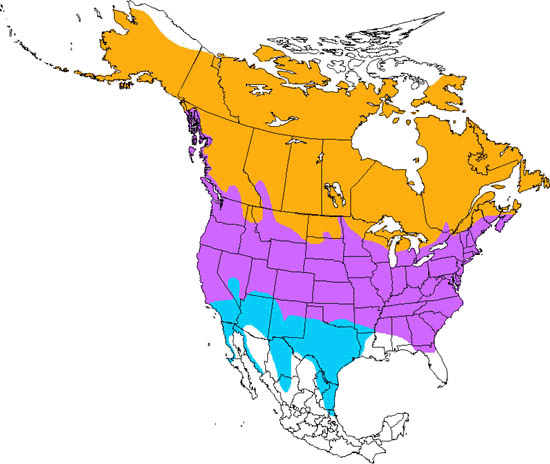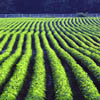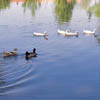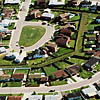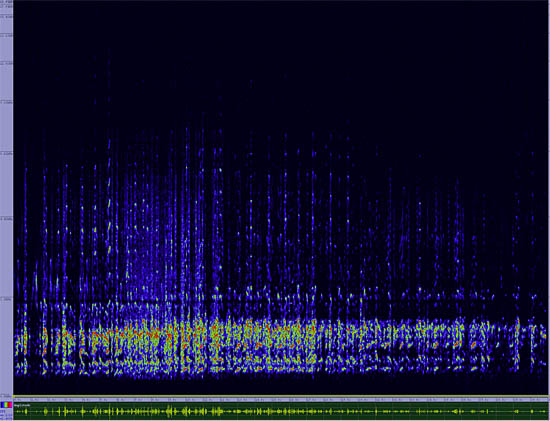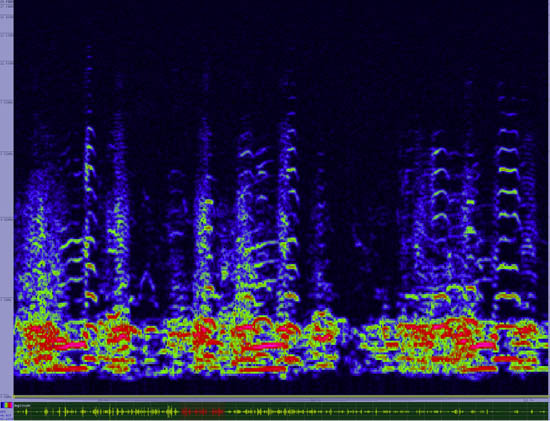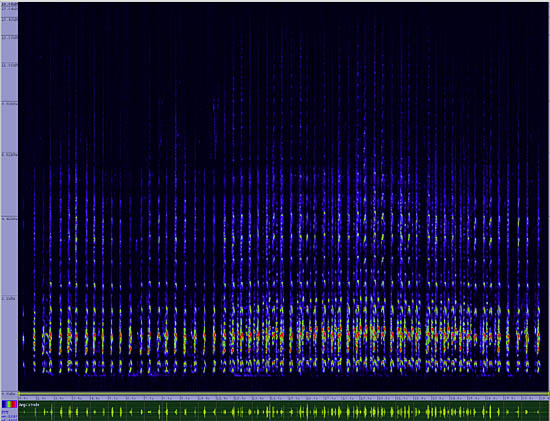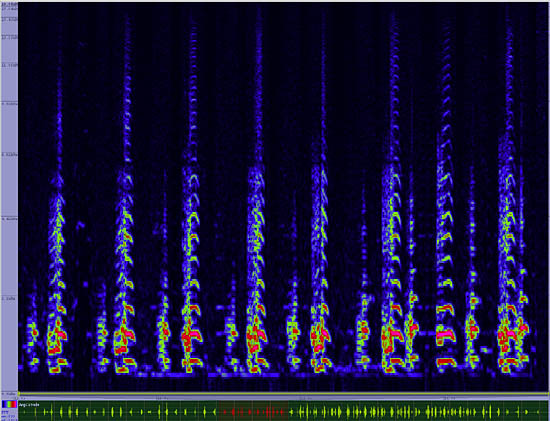Canada Goose
Branta canadensis

Duck Like
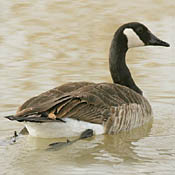
Length: 25 in. (64 cm )
The most widely encountered goose in North America, the Canada Goose is often found in urban parks, golf course lawns, lakes and rivers. They feed on grass shoots, berries, crustaceans and in the winter largely on seeds. This species often becomes semi-domesticated and non-migratory where food and protection from predators are readily available. In the wild, its huge nest of grass, sticks is lined with feather down and placed on the ground near water. Pairs mate for many years and can be very aggressive in defense of the nest and young. For many people, flocks migrating north or south high over head in \V\ formations are a signal of the passing of seasons.
The four-digit banding code is CAGO.
Bibliographic details:
- Article: Canada Goose
- Author(s): Dr. Biology
- Publisher: Arizona State University School of Life Sciences Ask A Biologist
- Site name: ASU - Ask A Biologist
- Date published: 13 Jul, 2017
- Date accessed: 28 May, 2025
- Link: https://askabiologist.asu.edu/activities/bird/canada-goose
APA Style
Dr. Biology. (Thu, 07/13/2017 - 15:36). Canada Goose. ASU - Ask A Biologist. Retrieved from https://askabiologist.asu.edu/activities/bird/canada-goose
Chicago Manual of Style
Dr. Biology. "Canada Goose". ASU - Ask A Biologist. 13 Jul 2017. https://askabiologist.asu.edu/activities/bird/canada-goose
MLA 2017 Style
Dr. Biology. "Canada Goose". ASU - Ask A Biologist. 13 Jul 2017. ASU - Ask A Biologist, Web. https://askabiologist.asu.edu/activities/bird/canada-goose
Be Part of
Ask A Biologist
By volunteering, or simply sending us feedback on the site. Scientists, teachers, writers, illustrators, and translators are all important to the program. If you are interested in helping with the website we have a Volunteers page to get the process started.



